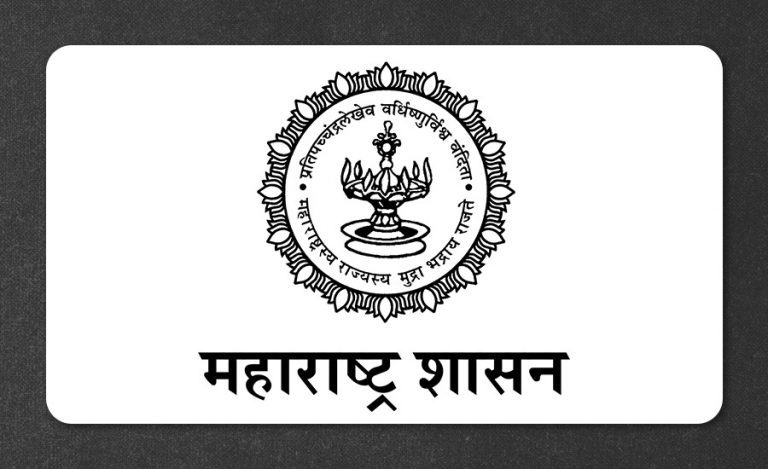New Delhi – In a determined push to reduce reliance on imported coal, the Government of India is rolling out a comprehensive strategy to boost domestic coal production, improve policy frameworks, and modernise coal supply logistics. These reforms are part of a wider effort to enhance energy security, cut foreign exchange outflow, and meet growing power demands through indigenous resources.
The Ministry of Coal has introduced several forward-looking policy interventions and infrastructure upgrades aimed at reducing non-essential coal imports, while ensuring uninterrupted supply for key sectors like power and steel.
Boosting Domestic Allocation and Contracts
One of the major steps includes raising the Annual Contracted Quantity (ACQ) for power plants to 100% of their normative requirements—especially benefiting both coastal and non-coastal power plants. This enhancement is expected to directly reduce the volume of imported coal by increasing availability from domestic sources.
To further strengthen long-term supply stability, the government has extended the tenure of coking coal linkages in the Non-Regulated Sector (NRS) auctions to 30 years. This move is designed to attract more industrial players towards domestic sourcing.
Additionally, linkage holders in the power sector are now assured full supply coverage under their Power Purchase Agreements (PPA), regardless of their trigger levels or ACQ constraints—a reform that significantly reduces their dependency on overseas coal markets.
Data-Driven Monitoring and Policy Support
An Inter-Ministerial Committee (IMC) has been actively guiding coal import substitution strategies since 2020. The Ministry of Coal has also launched an Import Data System, ensuring real-time monitoring of coal imports. In tandem, the Coal Import Monitoring System (CIMS) mandates compulsory registration for coal imports, helping the ministry enforce better oversight.
Efforts are continuously being made to ensure that all importable coal is replaced with domestic supply, barring essential imports. A detailed Strategy Paper on Coal Import Substitution has been released to guide this transition.
Sector-Specific Reforms for Steel and Power
In a targeted step to curb coking coal imports, a new auction sub-sector—‘Steel using Coking Coal through WDO Route’—has been launched, promoting the use of domestic washed coking coal. Complementing this, the Coking Coal Mission is working to enhance the availability of coking coal for the steel sector.
Imported Coal-Based (ICB) plants have also been brought under the scope of the Revised SHAKTI Policy, 2025, allowing them to secure domestic coal. Similarly, existing Fuel Supply Agreement (FSA) holders can now procure additional coal under this revised policy once they meet 100% of their ACQ obligations.
Fast-Tracking Coal Production and Mine Operationalisation
The Ministry is actively fast-tracking the development of coal blocks through regular reviews and streamlined approval processes. The MMDR Amendment Act, 2021, allows captive mine owners to sell up to 50% of their production in the open market, unlocking new avenues for domestic coal availability.
Infrastructure facilitation has been improved via a Single Window Clearance Portal and dedicated Project Management Units to assist coal block allottees.
Commercial coal mining, introduced with liberal norms since 2020, continues to attract private and foreign investment through incentives such as early production rebates, coal gasification rewards, and full FDI via the automatic route.
Technology & Capacity Expansion by Coal Majors
Coal India Limited (CIL) is rapidly adopting modern mining technologies such as Continuous Miners, Longwall and Highwall methods in underground mines, while standardised heavy machinery and digital transformation are being implemented in mega opencast mines.
Singareni Collieries Company Limited (SCCL) is simultaneously working to expedite clearances for new projects while improving coal handling infrastructure across operational sites.
Results on Ground: Imports Down, Savings Up
Due to sustained policy efforts and increased domestic output, coal imports dropped from 264.53 million tonnes in FY 2023-24 to 243.62 million tonnes in FY 2024-25. This 20.91 million tonne reduction led to a substantial foreign exchange saving of approximately ₹60,681 crore.
Looking ahead, the Ministry of Coal has set an ambitious domestic coal production target of 1.5 billion tonnes by FY 2029-30. To support this, the Coal Logistic Plan and Policy 2024 has been launched to upgrade coal evacuation systems across the country.




























